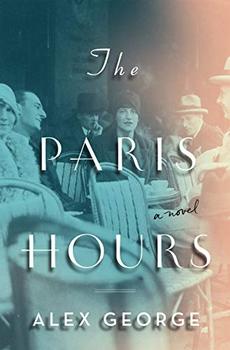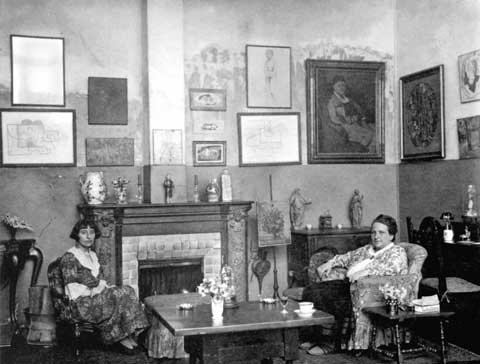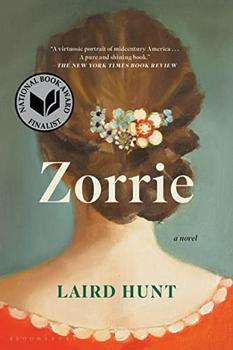Summary | Excerpt | Reading Guide | Discuss | Reviews | Beyond the book | Read-Alikes | Genres & Themes | Author Bio

A Novel
by Alex GeorgeTold over the course of a single day in 1927, The Paris Hours takes four ordinary people whose stories, told together, are as extraordinary as the glorious city they inhabit.
One day in the City of Light. One night in search of lost time.
Paris between the wars teems with artists, writers, and musicians, a glittering crucible of genius. But amidst the dazzling creativity of the city's most famous citizens, four regular people are each searching for something they've lost.
Camille was the maid of Marcel Proust, and she has a secret: when she was asked to burn her employer's notebooks, she saved one for herself. Now she is desperate to find it before her betrayal is revealed. Souren, an Armenian refugee, performs puppet shows for children that are nothing like the fairy tales they expect. Lovesick artist Guillaume is down on his luck and running from a debt he cannot repay―but when Gertrude Stein walks into his studio, he wonders if this is the day everything could change. And Jean-Paul is a journalist who tells other people's stories, because his own is too painful to tell. When the quartet's paths finally cross in an unforgettable climax, each discovers if they will find what they are looking for.
The Paris Hours is a wonderful book. Beautifully written, full of vivid detail and likable—albeit lost and sad—characters. I was especially pleased that all four main characters' stories did not wrap up in a fancy little happy bow at the end of the book. Their pain and loss felt more real that way (Sharon P). Rarely do I say about a book 'I didn't want it to end.' That is, however, the way I felt about The Paris Hours (Julia A). Vivid and visual depictions of various scenes, be they tender or rough, are presented in a wonderful flow of poetic prose, painting a distinct image for the reader (Lorraine D)...continued
Full Review
 (754 words)
(754 words)
(Reviewed by First Impressions Reviewers).
 A number of real historical figures play tangential roles in The Paris Hours, which is set in Paris in 1927. One of these is Gertrude Stein, a writer known for her poetry and the quasi-fictional memoir she penned about her life in Paris with her longtime partner, The Autobiography of Alice B. Toklas (1933). But Stein may be even better known as a patron of artists and other writers, and the leader of a salon that served as a meeting ground for some of the most famous literary figures and artists of the time, many of them American expatriates, including Ernest Hemingway, F. Scott Fitzgerald and Sinclair Lewis.
A number of real historical figures play tangential roles in The Paris Hours, which is set in Paris in 1927. One of these is Gertrude Stein, a writer known for her poetry and the quasi-fictional memoir she penned about her life in Paris with her longtime partner, The Autobiography of Alice B. Toklas (1933). But Stein may be even better known as a patron of artists and other writers, and the leader of a salon that served as a meeting ground for some of the most famous literary figures and artists of the time, many of them American expatriates, including Ernest Hemingway, F. Scott Fitzgerald and Sinclair Lewis.
Gertrude Stein was born in Allegheny, Pennsylvania in 1874, but spent the first few years of her childhood traveling around ...

If you liked The Paris Hours, try these:

by Tan Twan Eng
Published 2024
From the bestselling author of The Garden of Evening Mists, a spellbinding novel about love and betrayal, colonialism and revolution, storytelling and redemption.

by Laird Hunt
Published 2022
"It was Indiana, it was the dirt she had bloomed up out of, it was who she was, what she felt, how she thought, what she knew."